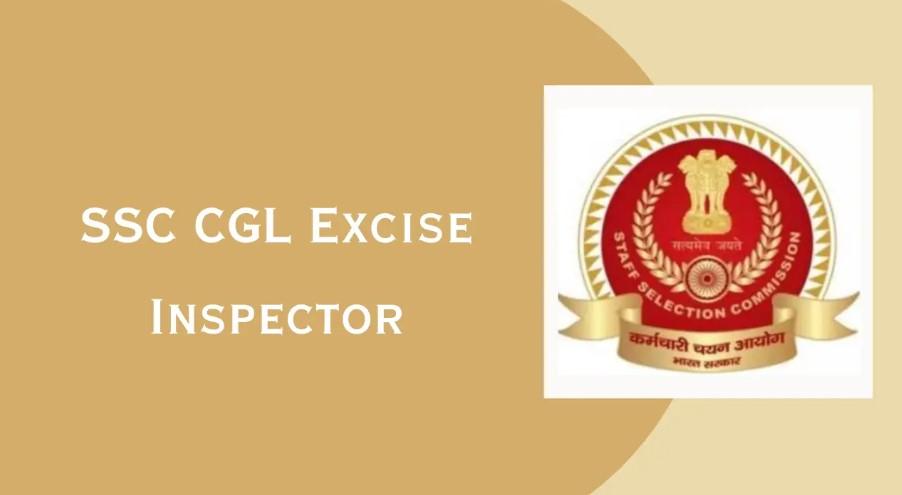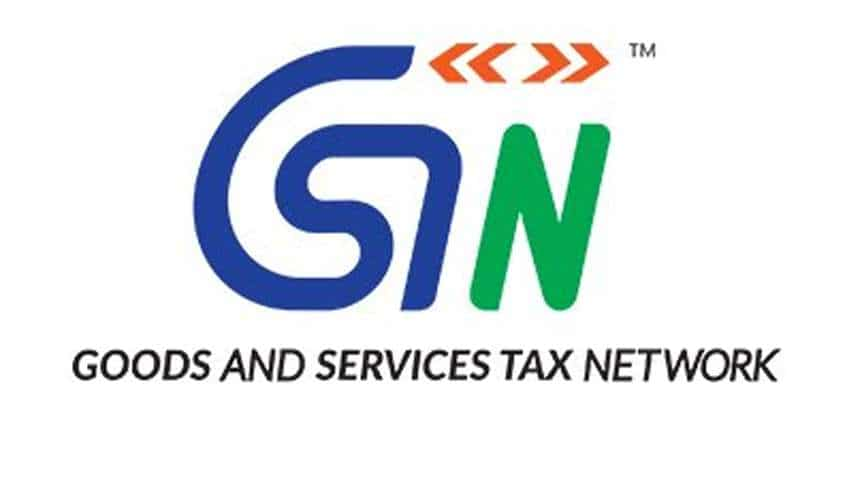Leviability of service tax on staff benefits and employment related transactions
DRAFT CIRCULAR

F.No354/127/2012-TRU
Government of India
Ministry of Finance
Department of Revenue
Central Board of Excise and Customs
Tax Research Unit
146 North Block, New Delhi
Dated 27th July 2012
Subject: – Draft Circular on leviability of service tax on staff benefits and employment related transactions- reg
Subsequent to the operationlisation of the Negative List, a number of issues have been raised in relation to the manpower supply or the services provided by the directors of a company or by the employer to the employees. These issues have been examined and are proposed to be clarified as follows:
- Scope of manpower supply
- After the operationlisation of the Negative List, the erstwhile definition of the manpower recruitment or supply agency is no more applicable. Thus, the words manpower supply would have to be given their natural meaning. The manpower supply is understood to mean when one person provides another person with the use of one or more individuals who are contractually employed or otherwise engaged by the first person. The essence of the employment should be that the individuals should be employed by the provider of the service and not by the recipient of the service.
- There could be certain contracts in which such manpower is made available to execute another independent contract by the service provider. For example, a person may agree to carry out construction or a manufacture for another in which certain manpower may be engaged. As long as such manpower is not placed operationally under the superintendence or control of the recipient, it shall not be a case of manpower supply, though it will continue to be judged independently whether it comprises any other taxable service.
- There are also cases of secondment whereby certain staff belonging to an organization is placed at the disposal of a subsidiary company or any other associate company. Such cases will be covered by the definition of manpower supply as the contractual employment continues to be with the parent company.
- Joint Employment
- There can also be cases where staff is employed by one or more employers who normally share the cost of such employment. The services provided by such employee will be covered by the exclusion provided in the definition of service. However, if the staff has been engaged by one employer and only made available to other for a consideration, it shall not be a case of joint employment.
- Another arrangement could be where one entity pays the salary and other expenses of the staff on behalf of other joint employers which are later recouped from the other employers on an agreed basis on actuals. Such recoveries will not be liable to service tax as it is merely a case of cost reimbursement.
- Directors
- Services of a director on the board of a company have now become taxable. A director may be appointed either in an individual capacity or to represent an entity (including government) who has either invested in the company or is otherwise authorized to nominate a director. When a director receives payment in his personal capacity, the same is liable to be taxed in the hands of the director. However, where the fee is charged by the entity appointing the director and is paid to such entity, the services shall be deemed to be supplied by such an entity and not by the individual director. Thus in the case of Govt. nominees, the services shall be deemed to be provided by the Govt. and liable to be taxed under the exclusion sub- (iv) of clause (a) of section 66D of the Finance Act, 1994 i.e. support services by Government to business. Such services are liable to be taxed on reverse charge basis.
- Treatment of supplies made by the employer to employees
- A number of activities are carried out by the employers for the employees for a consideration. Such activities fall within the definition of “service” and are liable to be taxed unless specified in the Negative List or otherwise exempted.
- One of the ingredients for the taxation is that such activity should be provided for consideration. Where the employees pays for such services or where the amount is deducted from the salary, there does not seem to be any doubt. However, in certain situations, such services may be provided against a portion of the salary foregone by the employee. Such activities will also be considered as having been made for a consideration and thus liable to tax. Cenvat credit for inputs and input services used to provide such services will be eligible under extant rules. The said goods or services would now not be construed to be for personal use or consumption of an employee per se and rather shall be a constituent to the taxable service provided to an employee. The status of the employee would be as a service recipient rather than as a mere employee when consuming such output service. The valuation of the service so provided by the employer to the employee shall be determined as per the extant rules in this regard.
- However, any activity available to all the employees free of charge without any reduction from the emoluments shall not be considered as an activity for consideration and will thus remain outside the purview of the service tax liability (facilities like crèche, gymnasium or a health club which all employees may use without any charge or reduction from the salary will be outside the tax net). However the Cenvat credit for such inputs and input services will be guided by the extant rules.
- Moreover, it would need to be seen whether the services provided by the employer are otherwise covered by the Negative List or exempt. For example, the services of food and catering provided by the employer in a canteen would normally fall outside the tax net unless such canteen has both the facility of air-conditioning as well as license to serve liquor (S. No. 19 of the Mega exemption). Likewise, services provided by way of guest house will also not be liable to tax if the tariff for such unit of accommodation is below Rs.1000 per day or equivalent (S. No. 18 of the Mega exemption). Similarly, services of telephone and motorcar for personal use will be covered by the service tax.
- Treatment of reimbursements made by the employer to the employee.
- Provision of service by an employee to the employer in the course of or in relation to his employment is excluded from the definition of the “service”. Thus reimbursements of expenditure incurred on behalf of the employer in course of employment would not amount to a “service” per se and hence are non-taxable.
- Treatment of supplies and reimbursements made by the employer to ex-employees/ pensioners.
- The supplies made by the employer to the ex-employees or pensioners will be of same status as those to an employee and thus would accordingly attract taxability as per discussion in D above. The reimbursements to pensioners will also be treated at par with those of current employees when such reimbursements arise out of the initial employment contract or are in relation to that employment.
- Chambers, trade, industry and field formations are requested to go through the draft Circular and offer their comments, views and suggestions. It is requested that comments, views and suggestions on the same may be forwarded to the undersigned on or before 24thAugust 2012. The same may also be emailed to shobhit.jain@nic.in
(Dr Shobhit Jain)


Original Link , Click Here

Related Tags CBEC, Circulars, Negative list, Servicetax, updates













